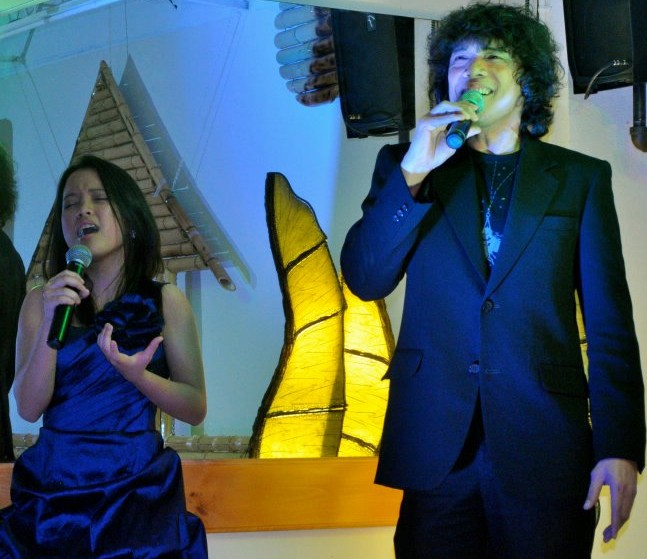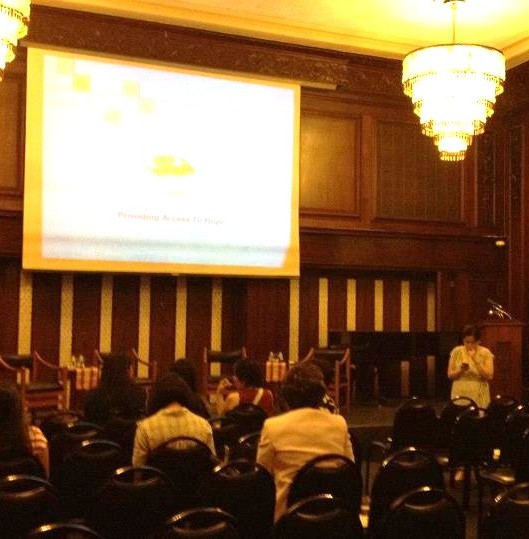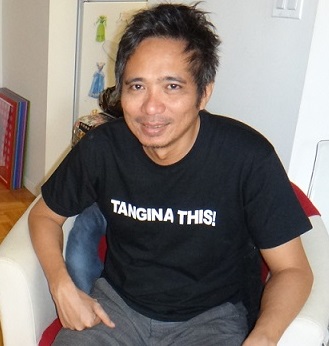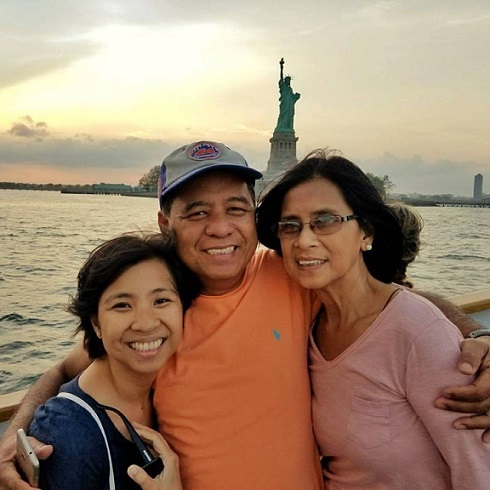KDP activists publish website documenting the anti-Marcos resistance of ‘70s-‘80s
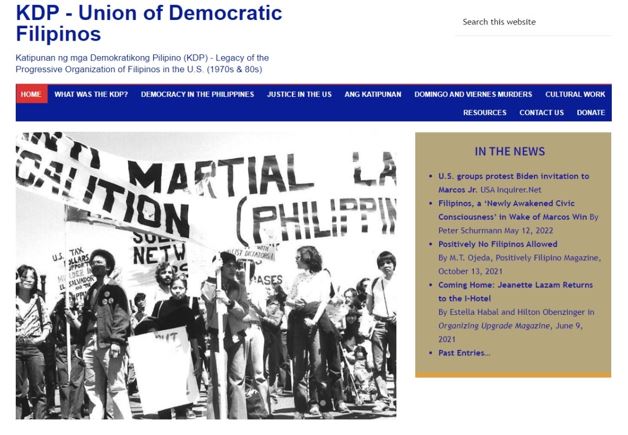
Former members of Katipunan ng mga Demokratikong Pilipino (KDP), have launched a website dedicated to documenting the work of the national activist organization of Filipinos in the U.S. that brought together progressive and militant elements of the community in the 1970s and 1980s.
Published by KDP Legacy, a non-profit organization based in San Francisco, KDPLegacy.org “tells our collective KDP story, and captures the KDP’s progressive perspective for the Filipino American community located within the broader context of U.S. society and the community’s connection to the motherland,” says Jaime Geaga, board chair of the KDP Legacy. “This history can easily be forgotten within a generation unless it is written and documented. The website attempts to ensure that what we fought and strived for will be remembered.”
Rene Ciria Cruz, founding member of the KDP and former editor of its Ang Katipunan newspaper, notes that in the ‘70s and into the ‘80s, “left-wing North American-born and immigrant Filipinos waded into the thick of the difficult struggles for democracy and social justice in the Philippines and here. It is our hope that the site will serve as a significant repository of lessons for today’s progressive activists who are striving to better the human condition.”
KDPLegacy.org is designed and organized in different sections, each featuring the various areas of work KDP focused on. They include “KDP History,” “Supporting the Struggle for Democracy and Independence in the Philippines,” “Lobbying in Congress,” “Justice in the U.S.,” “Immigrant Rights,” and “Anti-Racist and Solidarity Work.”
Complete issues of Ang Katipunan (AK) have been digitized and easily accessible. Published from 1974 to 1987, AK articles covered developments in the Philippines, exposing the injustices of the Marcos dictatorship during martial law. It covered the resistance of the national democratic movement and the New People’s Army along with other democratic opposition activities. The AK documented the extensive anti-Marcos opposition movement in the United States and efforts of the anti-Marcos forces to oppose U.S. support for the dictator. It also covered organizing against discrimination against Filipinos and other minorities in the U.S. The AK carried ongoing coverage of liberation movements across the globe. Finally, the AK published cultural work of poets and photographers of the time, in its VOICES columns.
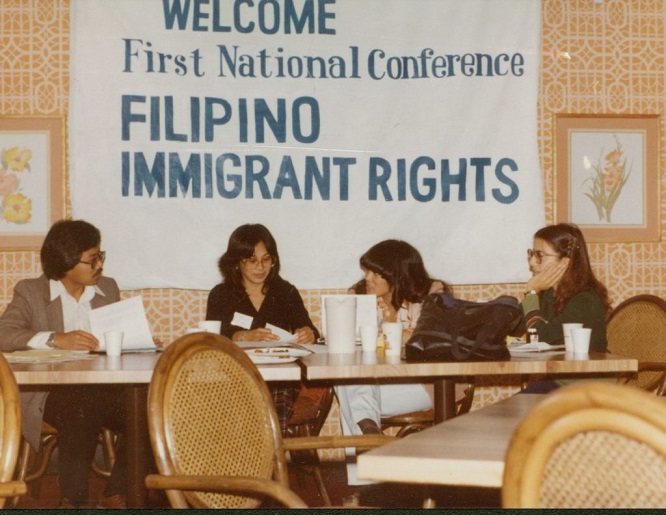
The website also contains an extensive selection of KDP publications, which tracks developments in the Philippines and the US during the ‘70s and ‘80s. A list of resources includes videos, photos and books, notably “A Time To Rise: Collective Memoirs of KDP Members”. In addition, the Voices section of the website holds video interviews with many activists reflecting on their experiences in KDP.
A major feature of the website is the “Domingo and Viernes Murders”, which documents the Marcos-ordered killing on June 1, 1981 of two KDP activists, Silme Domingo and Gene Viernes. At the time of their deaths, both were leading members of the KDP, Seattle Chapter and newly elected officers of Local 37.
In light of aggressive efforts by the Marcos family to whitewash the history of the Marcos dictatorship in the ‘70s and ‘80s, the KDP Legacy website “holds a significant value for students of Philippine history and the Filipino community in the US during the martial law era,” adds Melinda Paras, a founder of the KDP. “It’s worth noting that the 50th anniversary of Martial Law is being commemorated this month, which serves as a reminder that we need continued vigilance in protecting the Filipino people’s human and democratic rights.”
The KDP Legacy Board of Directors is composed of Jaime Geaga, Jon Melegrito and Melinda Paras. The website design is by Ces Rosales and co-editors of the site are Jaime Geaga and Melinda Paras.

